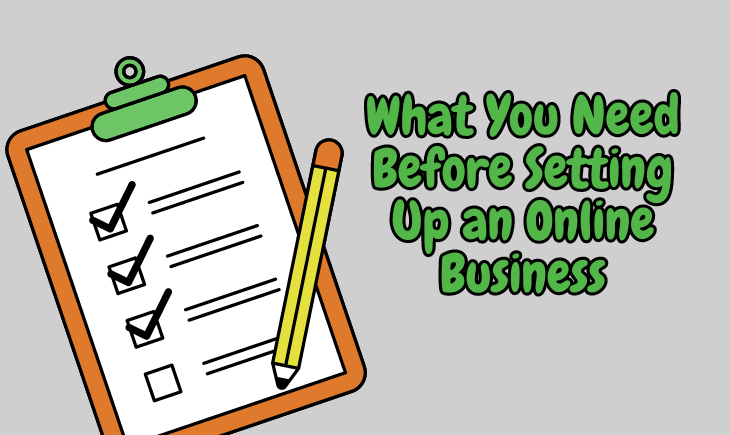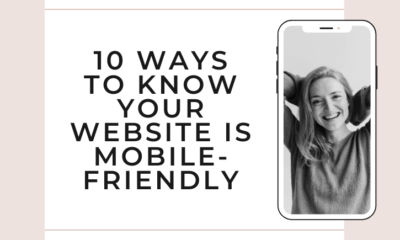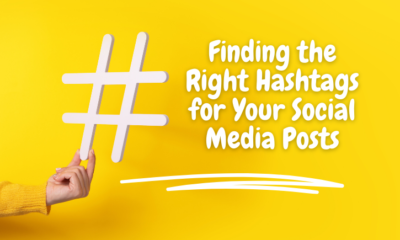Business
What You Need Before Setting Up an Online Business
The world of entrepreneurship has evolved rapidly over the past few years with the advent of the internet. It’s so much easier nowadays to start an online business even if you have minimal resources. However, as tempting as it is to dive into online business, there are some things you need to consider. Setting up an online business is a lot easier than it looks, and you might end up spending too much time and effort for a failed cause. You need all of these before you can even think about creating your own Orange County online business.
1. A Business Plan
The first thing you need before starting any business is a solid business plan. This should include your mission statement, target audience, marketing strategies, financial projections, and long-term goals–the what, why, who, where, and how of your business. This will serve as your roadmap for the future, helping you stay on track and make informed decisions.
2. A Domain Name and Website
Once you have a business plan, it’s time to create a website. You can’t have an online presence without one. Your website will be the digital face of your business, so it’s essential to invest in a professional-looking site.
When it comes to the domain name, choose one that is easy to remember, relevant to your business, and not too long. You can use a website builder like Wix or Squarespace to create a website. Alternatively, you can hire a web developer to create a custom site for you.
3. A Reliable Web Hosting Service
A web hosting service is the foundation of your website. It’s essential for you to choose a reliable provider. Look for a hosting service that offers 24/7 technical support, fast loading speeds, and high uptime rates as these are needed to answer customer concerns as quick as possible. Some popular web hosting providers include Bluehost, SiteGround, and HostGator.
4. A Payment Gateway
If you’re planning to sell products or services through your website, you’ll need a payment gateway. This is a service that allows you to accept online payments securely, minimizing fraudulent transactions from cybercriminals wanting to spend other people’s money. Popular payment gateway providers include PayPal, Stripe, and Authorize.net. Make sure to compare and contrast these websites as the fees may be cheaper or more expensive than others.
5. Social Media Accounts
Social media is a powerful tool for promoting your business and reaching a wider audience. This is a great way to do so because while not a lot of people are on the web looking for products to buy, they will surely be on any social media platform. Create accounts on popular social media platforms like Facebook, Instagram, and Twitter. Post regular updates, engage with your followers, and use social media advertising to target specific demographics.
6. Digital Marketing Strategy
To drive traffic to your website and increase sales, you’ll need a solid digital marketing strategy. This strategy should involve things like search engine optimization (SEO), content marketing, email marketing, and social media advertising that ensure you’re reaching out to potential customers through all mediums possible. Consider hiring a digital marketing agency to help you create and execute a marketing plan.
7. Legal and Financial Considerations
Before starting an online business, make sure you have all the necessary legal and financial documents in order. This includes registering your business, obtaining any necessary licenses and permits, and setting up accounting software. Consider hiring a lawyer and accountant to help you navigate the legal and financial aspects of your business, otherwise you can pay dearly for it when a lawsuit comes from out of nowhere!
Conclusion
In conclusion, starting an online business can be a challenging but rewarding experience. By following these seven essential steps, you’ll be on your way to creating a successful online business that can generate long-term profits and growth.











